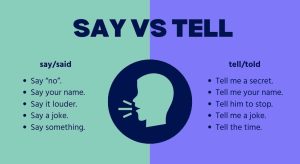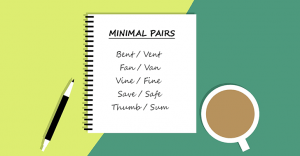Countable vs Uncountable Nouns
Some nouns you can count, like apples. We call these “countable nouns”. But you can’t count “uncountable nouns” like water or sugar.

Some nouns you can count, like apples. We call these “countable nouns”. But you can’t count “uncountable nouns” like water or sugar.

Direct and reported speech are two ways we can share what someone else has said. We look at their differences and the rules using them.

British and American English are like siblings from the same language family. They share a lot, but they also have their unique quirks.

Ordinal numbers tell us the order of things. Imagine you cross the finish line first, you’re in 1st place. That’s an ordinal number.

For anyone who wants to learn English, this is one of the best ways to practice speaking English. Here’s my personal experience.

“Say” and “tell” are both verbs we use for communication. “Say” focuses on the words spoken. “Tell” needs someone to receive the info.

This article will provide you some helpful tips on boosting your self-assurance so that you can speak English with confidence anytime.

For ESL students, English pronunciation is often difficult. They can learn the sounds of English by understanding the anatomy of the mouth.

For second language acquisition, there are five predictable stages. From preproduction to advanced fluency, it’s good to recognize the stage your students are in

This minimal pairs list is perfect to practice English pronunciation because students have to distinguish between two similar sounding words. For example, ship and sheep are minimal pairs.